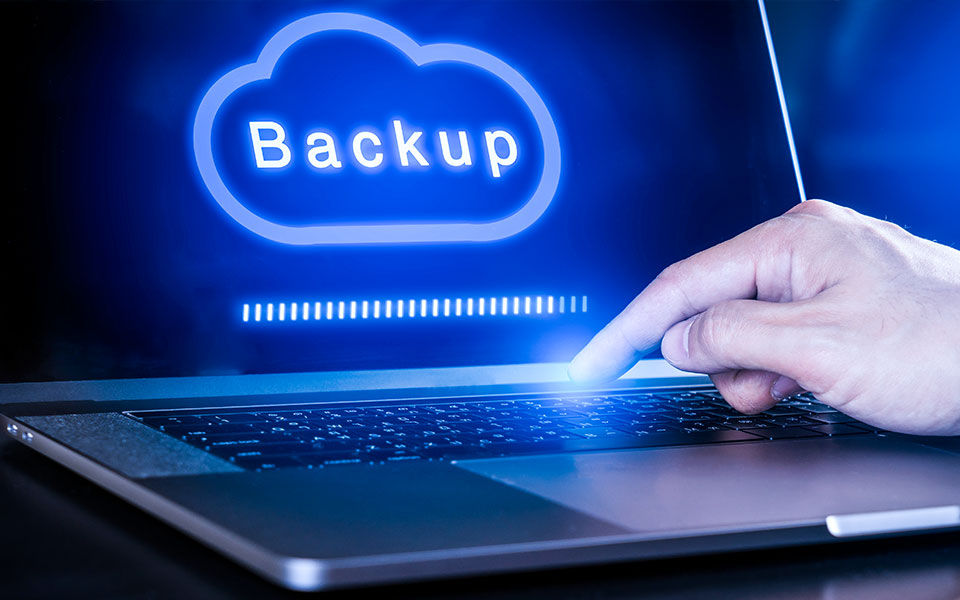What is a backup and what is it for? Everything you need to know
You may be wondering: What is a back up and what is it for? What is a back up and what is it for? Why should you back up the data on your computer’s hard drive? Isn’t it safe to have your data and files on your own hard drive?
You have probably seen that on many sites you are given the opportunity to make a free backup. It could be your cell phone, to save WhatsApp conversations, photos or videos, or it could be a program in the cloud. Although you probably use many of these services, perhaps you have never considered backing up your computer.
In this article we want to explain to you. what is a back up what are its main advantages and how they can help you protect your confidentiality.
What is a backup
The backup are nothing more and nothing less than data copies saved in storage equipment such as hard drives or cloud servers. It’s a file in which data is copied from another file so that in case you lose or delete the original, you can recover your important data files.
All types of files can be backed up: office documents (Word, Excel, PowerPoint…) and also software.
Reasons why a backup may be necessary
Backup of your files is simply useful in case you have them deleted. If you only have the files in one place and you get a virus that causes those files to be deleted or damaged, then you will lose the information that was in them.
On your computer, you may lose particular configurations that you have made. And there is also the waste of time, if you have a lot of programs, having to download them all again. That’s why it is always important to have your IT system backed up.
What are file backups for?
File backups serve several purposes:
- In case the original files are deleted: either by physical accident (fire, flood…), or by technical problems (your computer stops working and the entire hard disk is erased).
- If you are migrating data to another computer and want to quickly copy everything you had on the old one. In that case, just restore the backup on the new one and that’s it.
- Cloud backups allow you to download them on other computers, in case you need to access them from other devices.
- For data security, since you never know what might happen with your important data.
- You need to protect the integrity of your data.
What type of files should you back up?
Maybe you think that the most important thing is to back up all the files you have. But the truth is that many times our computers are disaster drawers and if we do that we would be paying for a space that we are wasting.
The truth is that it is very important to take advantage of the space and only back up what is relevant. For example, your company’s database, with all your products, prices, customer list, and so on. If you lose all that information, it can be a catastrophe for your business if you don’t back it up. On the other hand, losing a half-empty Word file with a couple of paragraphs in which you didn’t put anything important is not so serious.
The point is that in your company you should be clear about what is worth backing up and what is not. In this way, you could save costs on backups, since you have to take into account that backups are stored in a different place than your computer equipment. It would not make sense for the copies to be stored on the same physical machine, because if the original files are deleted, the backups are also deleted and we would be the same.
Types of backup you can do in your business.
There are different types of backups you can do in your business.
- Point-in-time: this is the one you do once, save it and that’s it. If you then make changes to the original file, they are not saved or updated in the backup. This type of backup has its risks if it is a file that you update daily, because when you restore it, it would not be exactly the same as the lost or deleted file.
- Periodic: a periodic backup that is renewed every so often (daily, weekly, etc.) will allow you to access a more up-to-date saved version of the original file. So, for example, if you have a database that is updated daily, when restoring the latest backup, the file will be the same as it was 24 hours ago.
Ideally, you should always make backups in the cloud and that the backups are periodic and automated, so you will not have to take so many risks. Make a backup of your company’s data and do not risk losing your business information.



